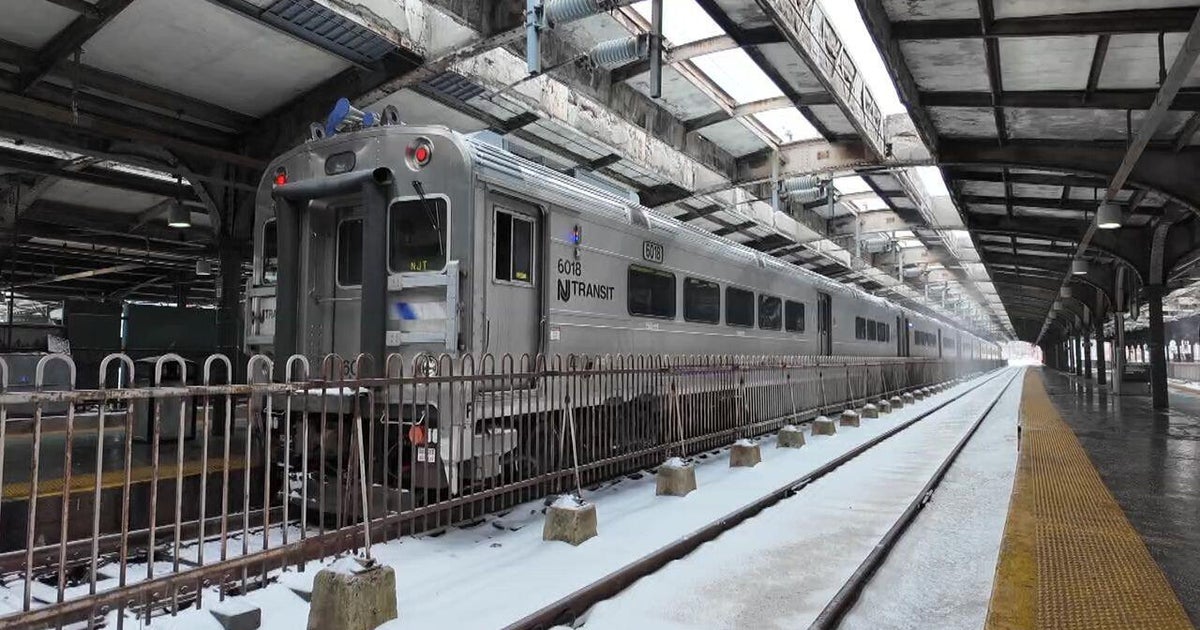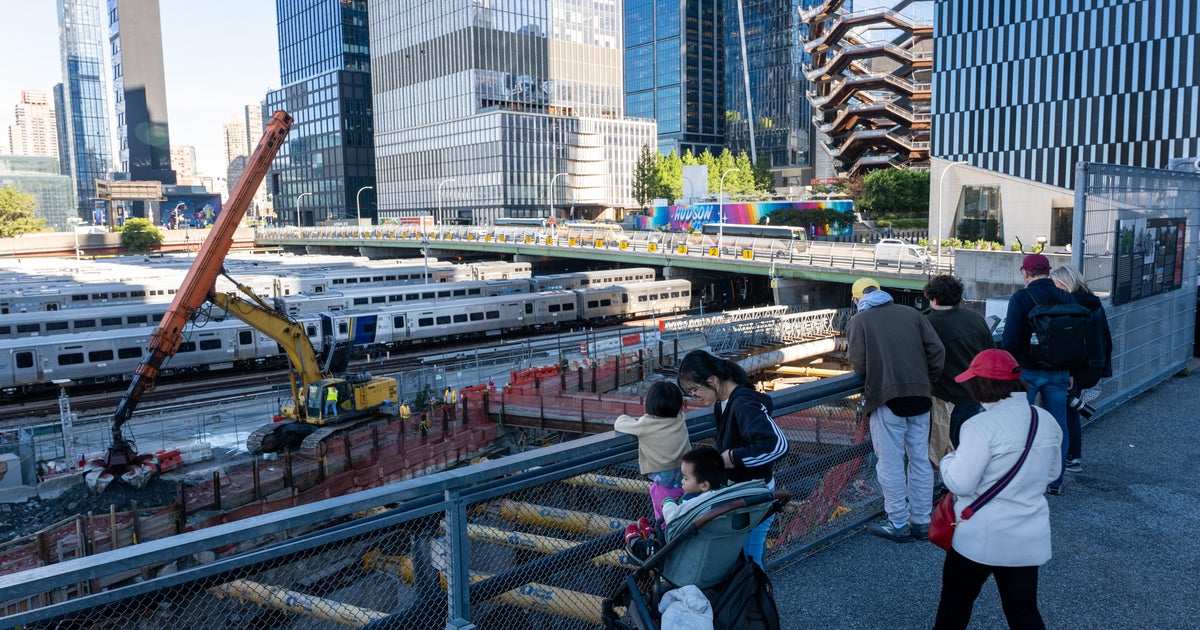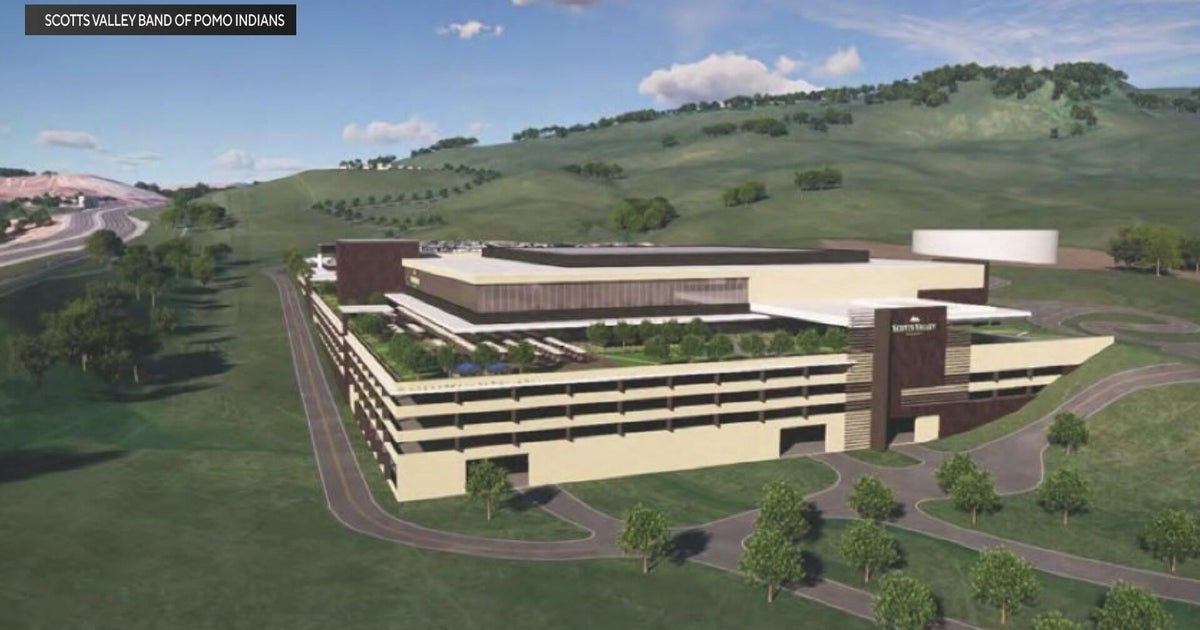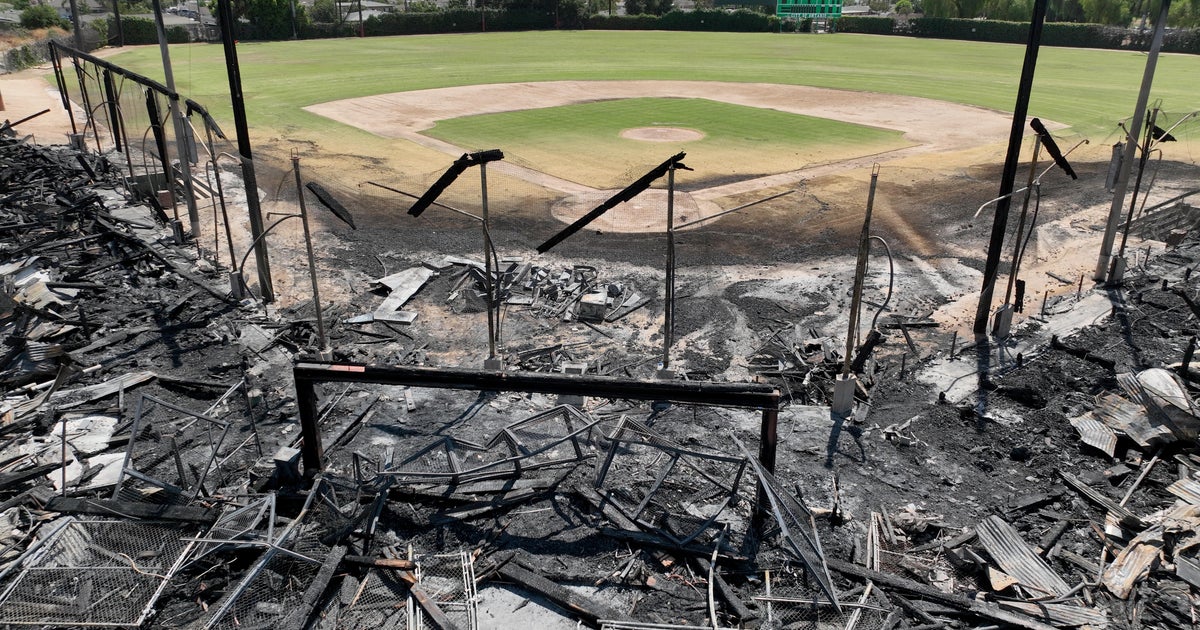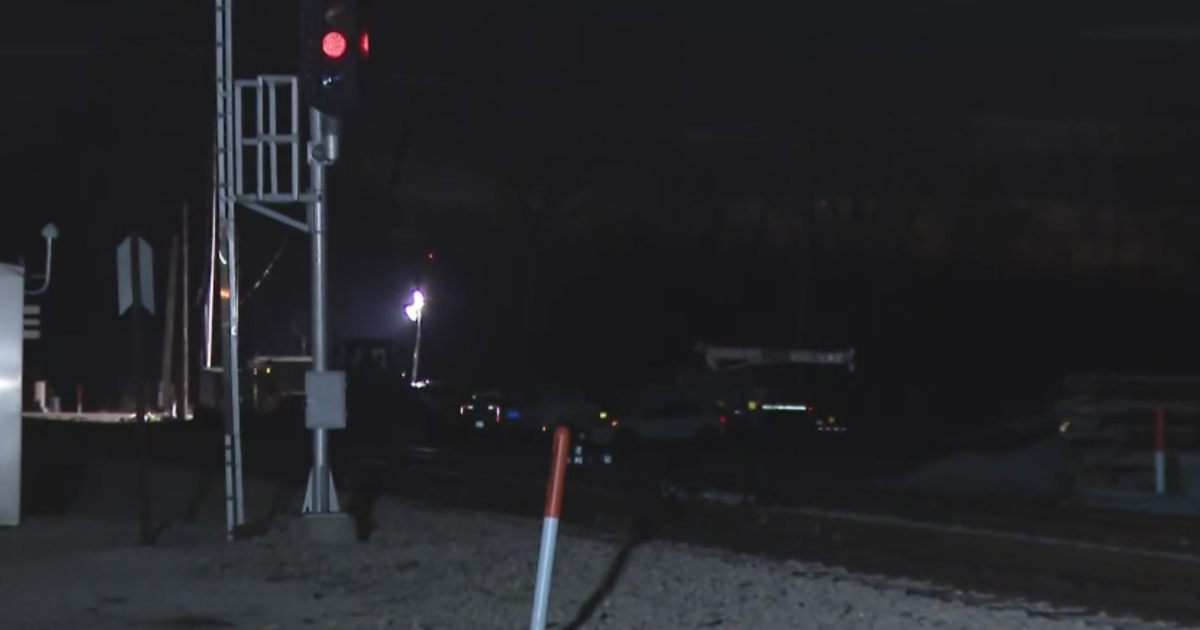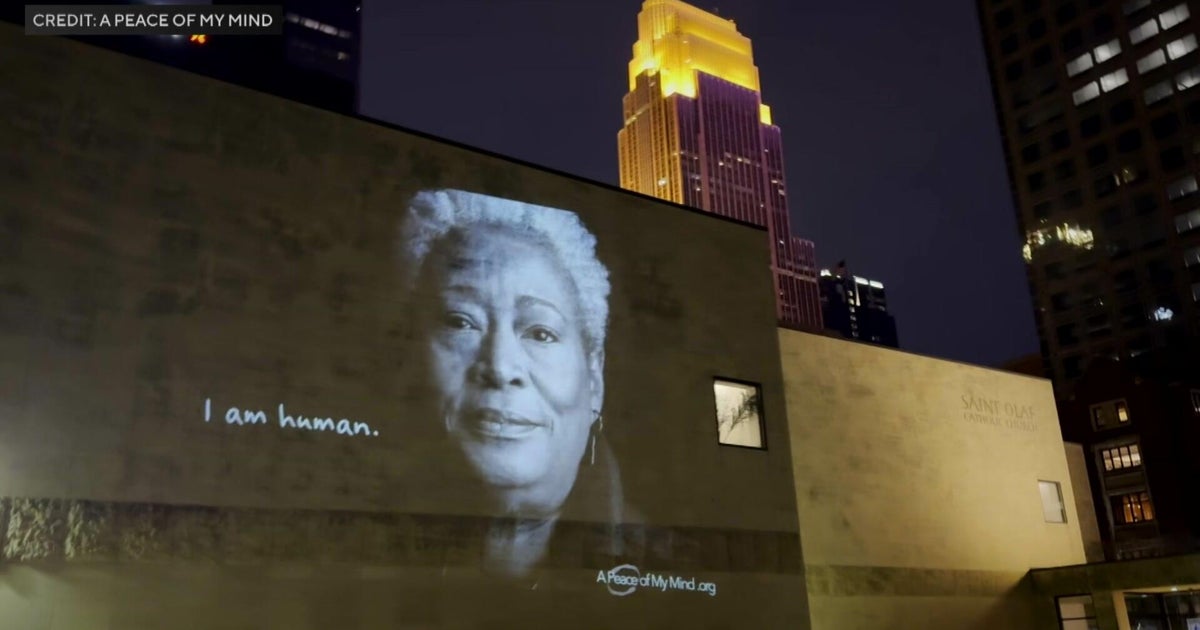Southwest Light Rail Project Faces Overrun Costs, Delayed Until 2027
MINNEAPOLIS (WCCO) -- A new transit line connecting Minneapolis to suburbs as far as Eden Prairie is facing a massive cost overrun and a four-year delay, prompting calls for an audit of spending and decision-making.
Fresh criticism is circling the Southwest Light Rail's construction—the green line extension project—after the Metropolitan Council on Wednesday approved an additional $210 million for the contractor and said the costs could increase by an additional $550 million before its completion.
The original cost for the largest infrastructure project in state history was around $2 billion and the plan was to open to riders in 2023. The new estimate soars to $2.75 billion and it won't be in operation until 2027, officials said.
Sen. Scott Dibble, a DFL lawmaker from Minneapolis whose district includes some of the route for the Southwest Light Rail, said he will introduce legislation that will require an audit of the project.
Sen. Scott Newman, the Republican chair of the Senate transportation committee, said he would have a speedy hearing for that bill early in the legislative session. In the meantime, he wants to halt funding for the project, which he calls a "boondoggle of historic proportions," until that evaluation is complete.
"It's not going to give us enough information in time to fix what's wrong with Southwest LRT, but it would give us enough information to understand the dynamics at play and the level of mismanagement that's occurred," Dibble said. "The fundamental question is: For the expense, are we getting the benefit? The answer may be yes, but we need to see that analysis."
Nick Thompson, who is deputy general manager for capital projects like this at Metro Transit, said the complexity of the light rail's construction and changing construction plans along some parts of the transit line are to blame for the ballooning budget and shifting timeline.
"Unfortunately these circumstances have caused delays but we're still on track to complete the project," he said, acknowledging the frustration. "There is a delay, but we will finish it and it's a project that will be in place for generations. The infrastructure we're building has a 100-year life before it needs to be replaced."
The Southwest Light Rail is a 14.5 mile extension of the Green line that connects St. Paul to Minneapolis. It includes new stations in Minneapolis, St. Louis Park, Hopkins, Minnetonka and Eden Prairie.
Dibble slammed the Met Council for what he called lack of transparency around the project. He warned that this is an example that could harm public support for future transit investments.
"I think people really understand, 'OK, this is bad,'" Dibble said. "They have had ample opportunity to change and course correct and they haven't for some reason."
He and other state lawmakers peppered the Met Council Chair Charlie Zelle and Thompson with questions during a Wednesday legislative hearing. Democrats and Republicans alike expressed dismay over the surge in spending needed to complete it.
"I can't imagine if my contractor had come in this much over budget," said Sen. Karin Housley, R-Stillwater, referencing the landscaping she had done at her home.
Dibble said he's also introducing a bill ready on Monday when the legislature begins to change the structure of the Met Council so members are elected by the public, as opposed to appointed by the governor as they are now under state law.
"It absolutely has to be an elected body—there's no other remedy," he said. "They are simply so unresponsive, they lack transparency. They don't take any advice."
Zelle, chair of the Met Council, said the group will learn from this experience for future projects in the Twin Cities-metro.
"In hindsight, we really could have done more to help illustrate and communicate the potential complications that come with a project of this magnitude," he said.
"You've Got To Be Kidding Me"
The news drew the ire of neighbors living next to the construction.
"You're hearing a lower volume right now," Glenn Miller said of the persistent droning sound from across the street. "It can be oppressive, that ongoing noise."
The visual aspect of seeing heavy equipment outside his window every day hasn't helped. His annoyance was amplified once he learned the project was going to take much longer than anticipated.
"My thought was 'You've got to be kidding me, four years?' We moved into the house thinking it would be done this year, 2022," he said.
Miller lives steps from the Kenilworth Trail, more specifically, right next to a tricky narrow corridor along the Southwest Light Rail path. That location is one of the reasons the project is being delayed.
"To lose [the trail] presumably until 2027 is a disappointment," he said.
That feeling was shared further down the light rail's projected track in St. Louis Park. As she walked by Jorvig Park, Lonnie Ranallo said she used to commute on the Cedar Lake Trail to downtown Minneapolis. It's been closed since construction began.
"I live like three blocks from where the train would come and I was super excited about that," Ranallo said. "It's just really frustrating that it's gonna take so long. Makes you wonder how good of a project it's going to be if it has to take this long."
She and Miller still support the project and the idea of expanding public transit. They just wonder if anyone else will going forward.
"I suspect this could be the project that will kill future light rail within the metro area," said Miller.
Editor's note: An earlier version of this story said the original start date for riders of the Southwest Light Rail was in 2024, but it was scheduled for 2023. This story has been updated.


